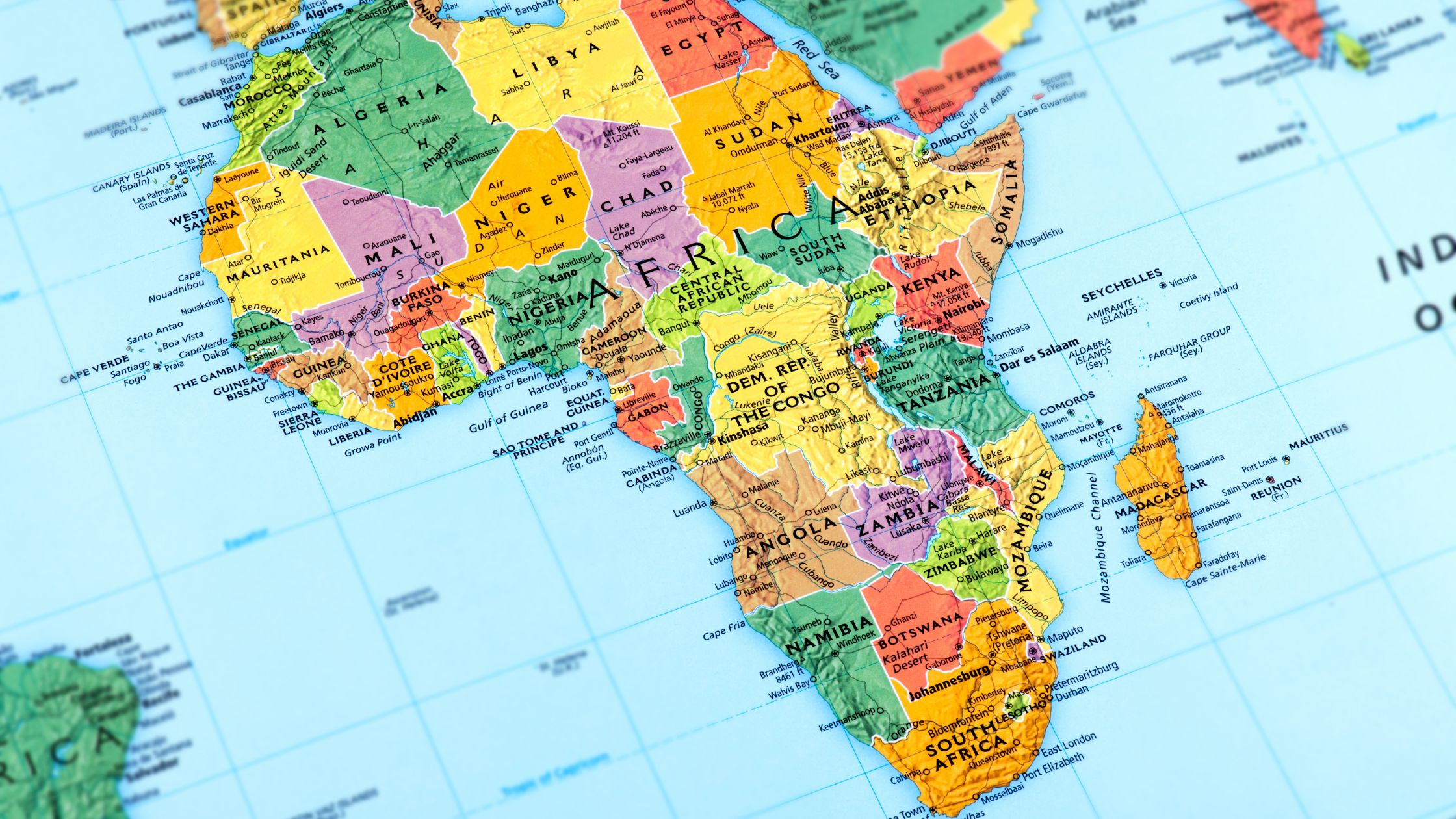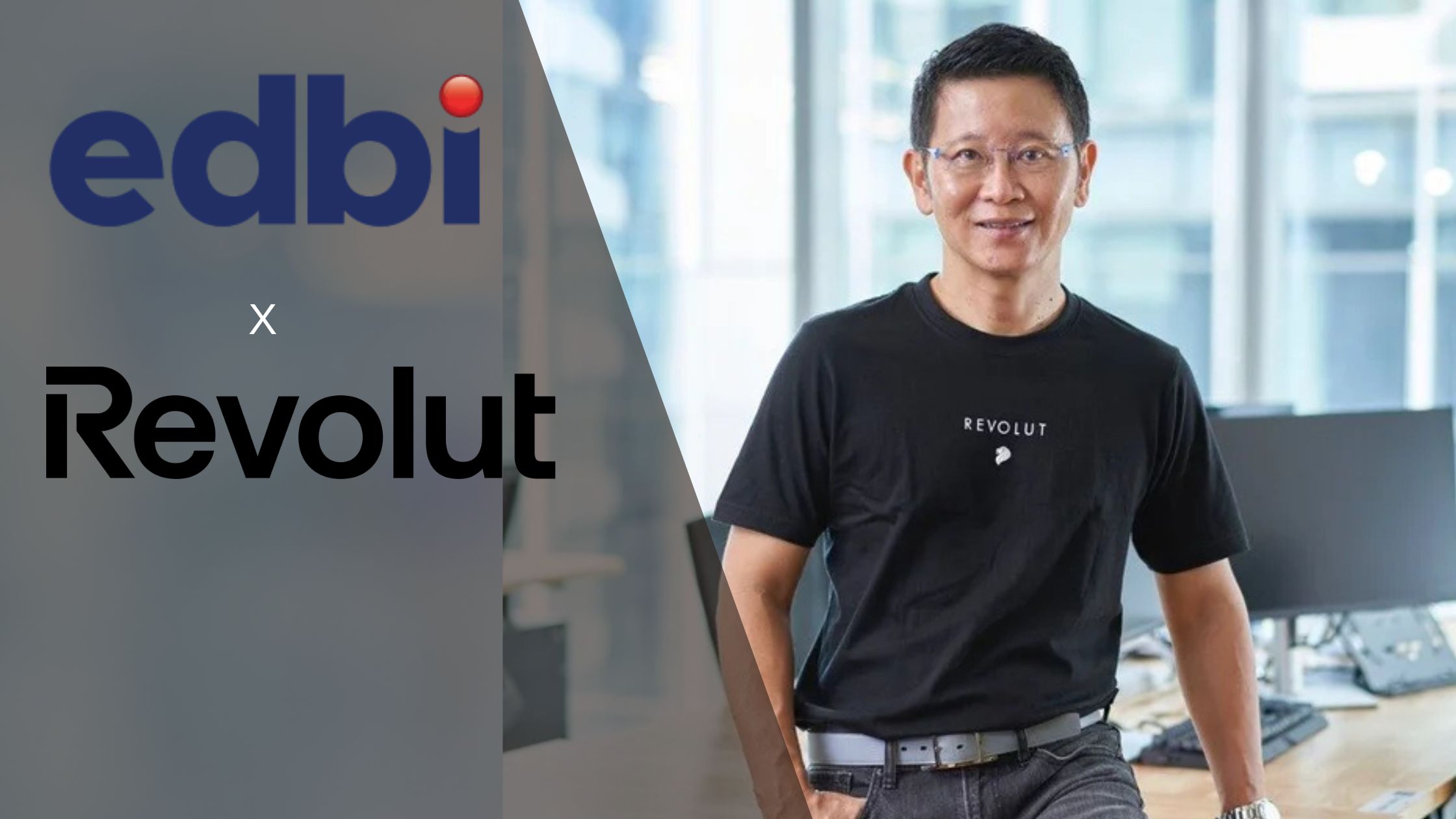AsiaTechDaily – Asia's Leading Tech and Startup Media Platform

Japan Steps Up in Africa: $20M Fund Targets Fintech, Mobility, and Sustainability Startups
Japanese venture capital firms Uncovered Fund and Monex Ventures have teamed up to create a ¥3 billion ($20 million) fund aimed at supporting early-stage startups in Africa and the Middle East. The new vehicle, named the Uncovered Monex Africa Investment Partnership, highlights Japan’s increasing focus on the region’s rapidly expanding tech landscape.
The fund will provide up to $2 million per startup, with a focus on sectors driving both digital and physical infrastructure, including fintech, mobility, distribution, and sustainability. By combining corporate resources with venture capital expertise, the partnership aims to accelerate growth opportunities for emerging companies in key markets.
The vehicle will prioritise startups building the digital and physical infrastructure required for broad technology adoption across the continent. Its focus spans finance, logistics, mobility, and sustainability, with investments of up to $2 million per company. Within these verticals, target areas include mobile payments, microlending, B2B financial platforms, retail digitisation, last-mile delivery, warehousing software, used car marketplaces, electric mobility, agritech, and carbon-credit businesses.
More than capital, the fund aims to connect African founders with established Japanese corporations. These partners can provide technical expertise, distribution channels, and market entry pathways, creating what insiders describe as “strategic matchmaking.” The intention is to generate not just financial returns but also commercial partnerships that help startups scale while offering Japanese firms access to innovation abroad.
For finance, the emphasis will be on payment solutions and micro-lending platforms addressing underserved populations. In distribution and logistics, the partnership is seeking companies that digitise supply chains and improve fulfilment networks. Mobility investments will target used-vehicle platforms and early-stage electric vehicle ecosystems, while sustainability bets will lean towards agritech solutions and carbon-related projects aligned with Japanese IoT and machinery strengths.
Uncovered fund brings on-the-ground deal flow and regional expertise, while Monex Ventures contributes corporate relationships in Japan. This dual structure is designed to give startups both capital and potential routes into global markets. “The world population is predicted to reach 10 billion by 2050, with Africa accounting for 25% of that, making it a huge market,” said Monex Group CEO Yuko Kiyoaki. “The rapid spread of mobile internet is giving rise to startups aiming to build next-generation social infrastructure.”
The launch comes during a downturn in African venture funding. VC investment in Africa fell 25% year-on-year in 2024 to $2.2 billion, according to industry data, with Q3 alone seeing just $507 million raised across 108 deals. Despite this contraction, the fund’s backers remain optimistic, citing demographic expansion and rising mobile internet penetration as long-term growth drivers. Africa’s population is projected to reach 2.5 billion by 2050, while its connected user base is expected to more than double to 1.1 billion by 2030.
Japan’s interest in Africa’s startup ecosystem is growing steadily. Monex Ventures has already invested in Kenya’s Hakki Africa and in Degas, a Japanese agritech company active in African markets. Other Japanese players, including Samurai Incubate Africa, Verod-Kepple Africa Ventures, and Sony Ventures, have launched funds or closed new vehicles focused on the continent in recent years, reflecting a broader move from aid-led to business-driven engagement.
For founders, the appeal lies in the potential for real commercial opportunities with global corporates. But execution will be key: matching startups with large enterprises involves navigating compliance, procurement cycles, and product-market fit. Analysts note that the Uncovered Monex fund’s success will depend on whether introductions lead to pilot contracts and partnerships, rather than remaining symbolic. Still, the entry of Japanese corporate-backed venture capital adds further depth to Africa’s evolving funding landscape.



